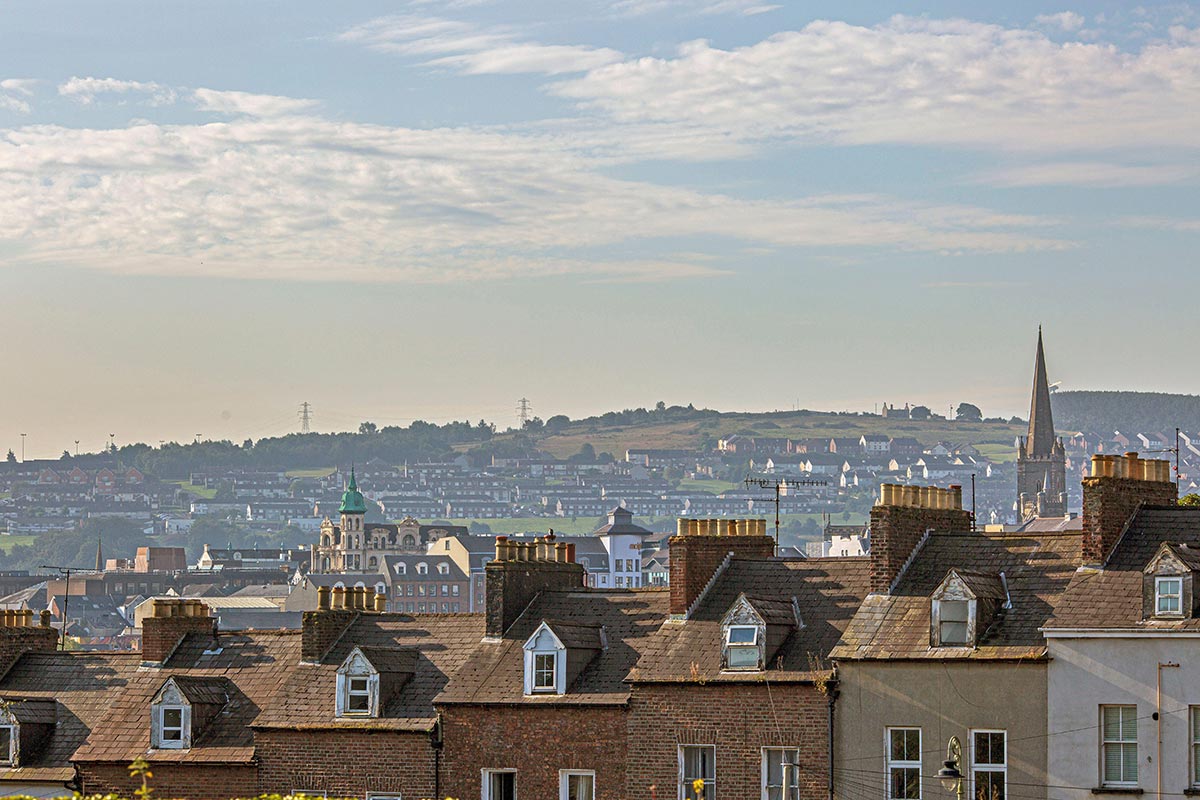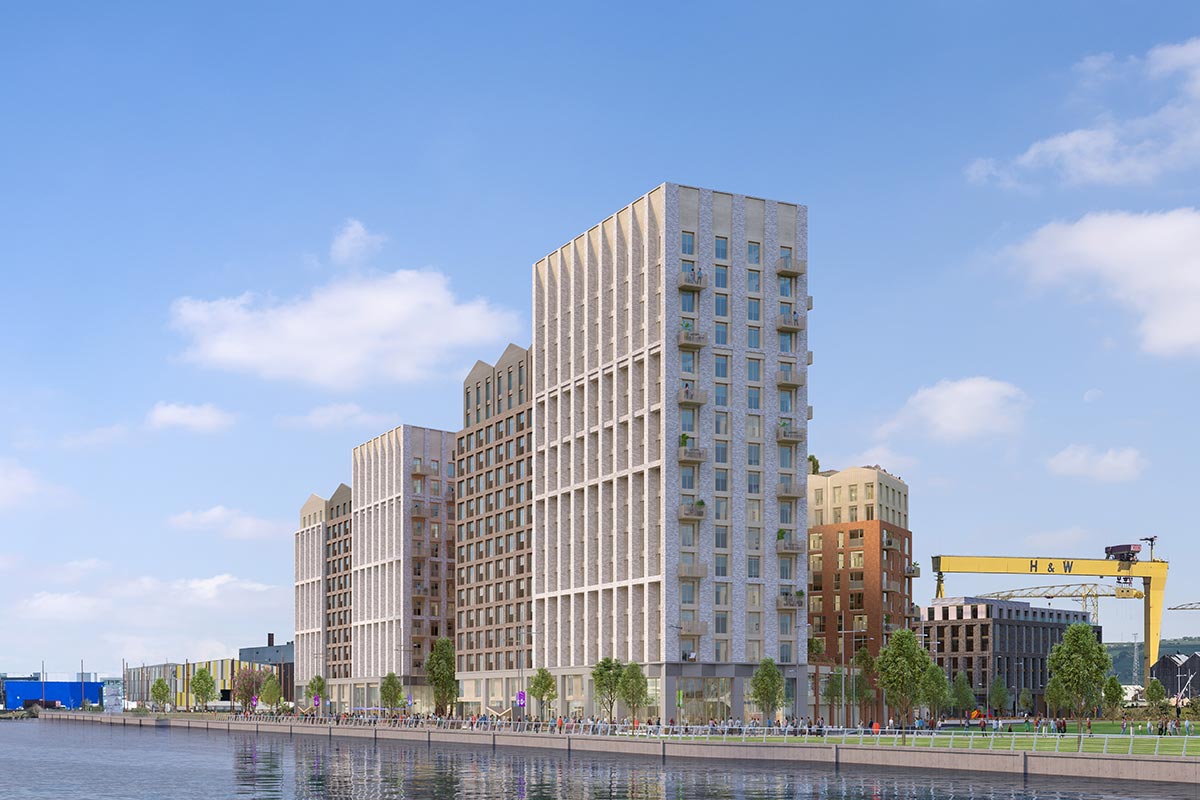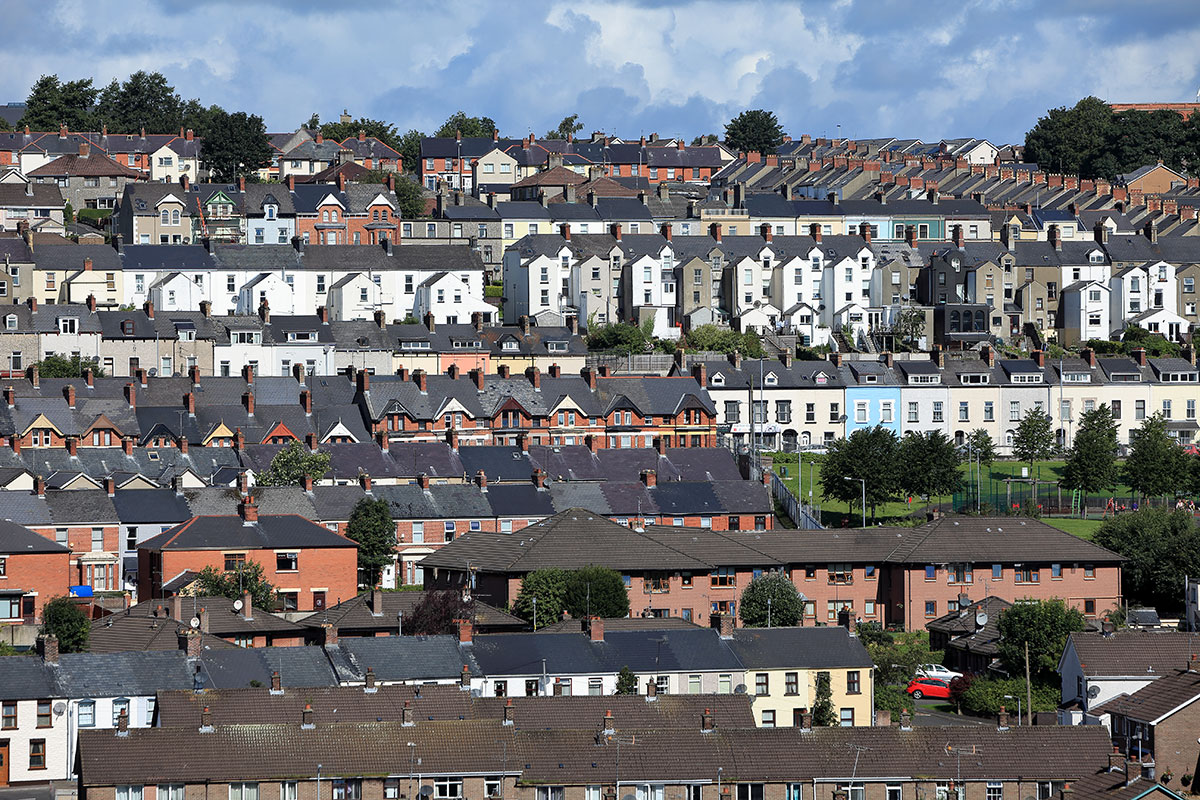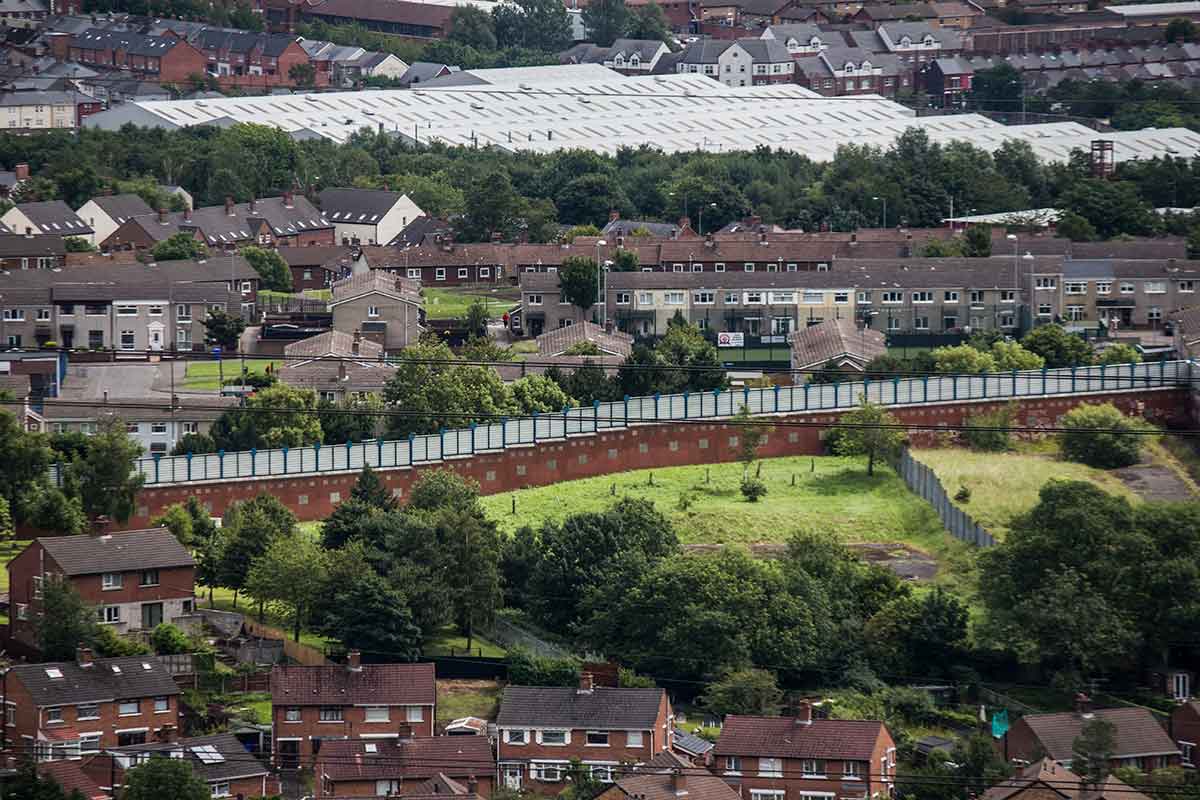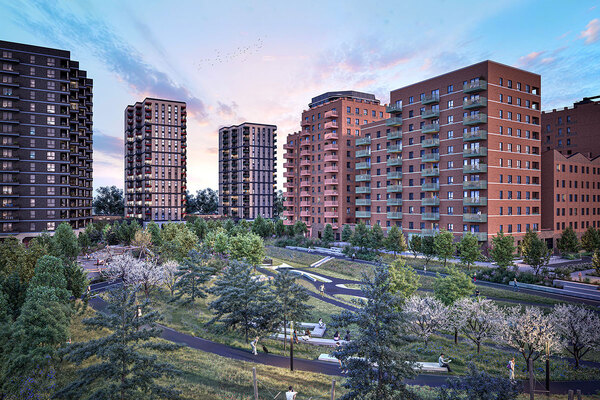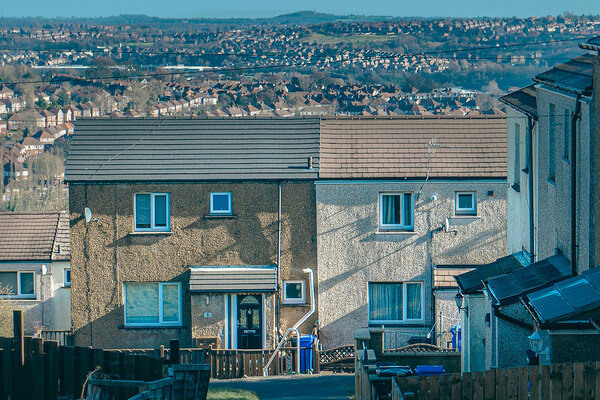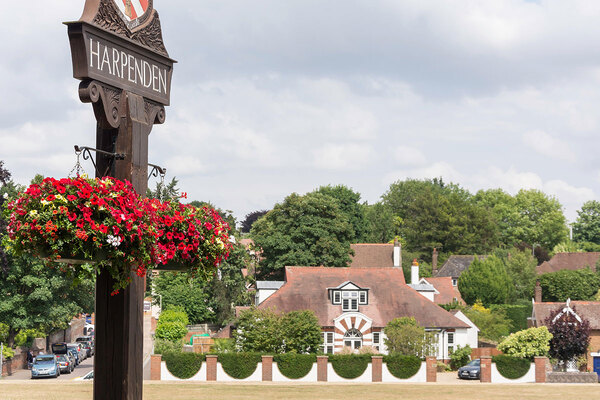Number of homeless households owed full duty up 15% in Northern Ireland
The number of homeless households in Northern Ireland accepted as full duty applicants has risen by 15.1%, according to the Department for Communities’ (DfC) latest housing statistics.
The number of households accepted as full duty applicants – those for whom the Northern Ireland Housing Executive (NIHE) must provide a home – was 2,803 during January and March 2023, an increase of 367 compared to the same quarter last year.
Overall, the number of households presenting as homeless increased by 8% – 4,355 between January and March 2023 compared to 4,033 in the same period in 2022.
The data also showed an increase in the housing waiting list from 44,426 to 45,105 compared to the same period in 2022.
There were a total of 1,527 Social Housing Development Programme starts and 475 completions, up from 1,420 and 382 respectively.
It comes after it emerged last month that housing associations had surpassed government targets for social housing starts and completions in 2022-23. Providers completed 1,449 homes across 82 schemes, while work started on 1,956 new homes.
The Northern Ireland Federation of Housing Associations (NIFHA) said the latest housing waiting list figures “only reinforce” the need to invest more in new build social housing.
Seamus Leheny, chief executive of NIFHA, said: “Once again we have seen a rise in the number of people needing social housing and more who are in extreme housing need.
“On top of that we have seen that private sector rental prices are rising faster here than anywhere else in the UK, making the only viable financial option of housing social housing.”
He said that last year housing associations showed that they can deliver on targets.
Mr Leheny added: “The figures published today only reinforce the need to invest even more in building new social housing in our cities, towns and villages. We have to be serious about reducing the number of families living in inadequate accommodation.
“We need housing solutions. Solutions which ensure more homes are built in the areas of need and that overcome planning delays and infrastructure issues.
“Housing associations are ready to play their part and take on the difficult issues, but we need to ensure that the political will is in place and that the financial commitment is made through the housing budget to support these essential new homes.”
Sign up for our Northern Ireland bulletin
Already have an account? Click here to manage your newsletters
